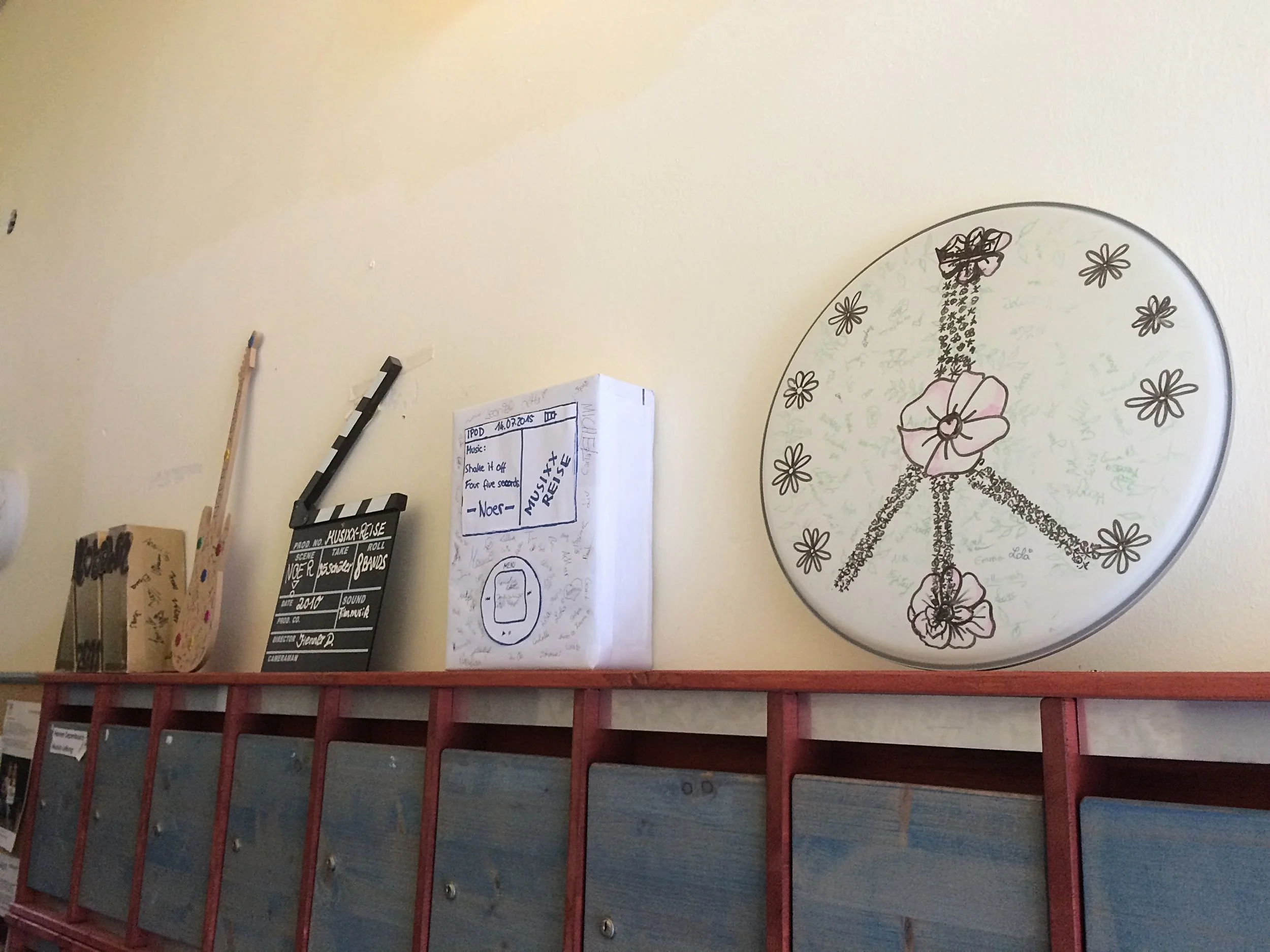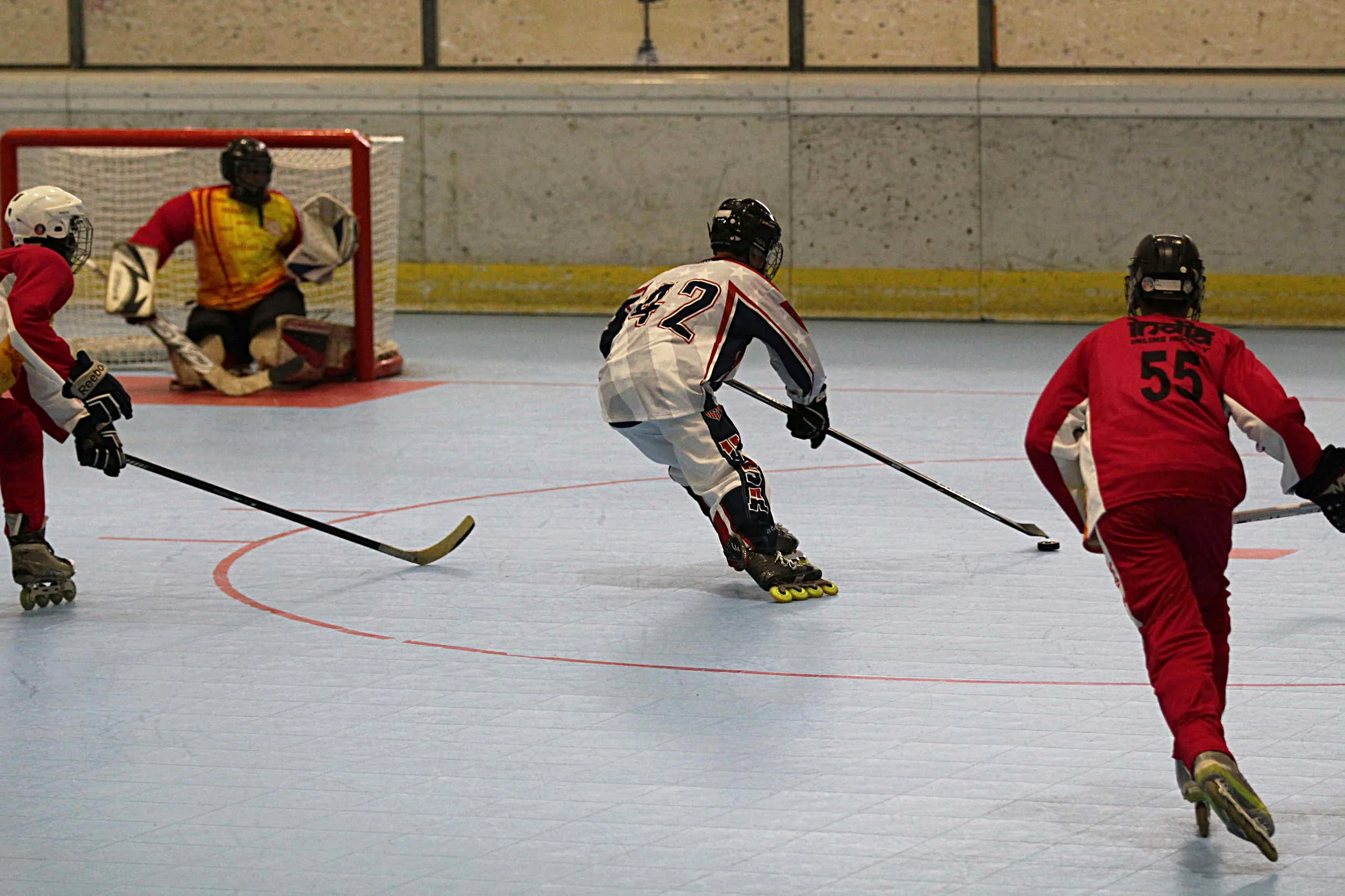Schule in Deutschland
One of the most common questions I receive is "What is school like in Germany?". This post will attempt to answer that question in as much detail as possible. Because this will be a longer post, here is a table of contents so you can find the section that most interests you first:
Schedule
Types of schools
Substitute Teachers
Missing School
Getting to School
1. First, let's start with my schedule:
To understand the schedule, it is helpful to know that in between two periods there is a five minute break, and after two periods, a twenty minute break. On days when we have lunch, I have an hour break. The second name in a block is always the German name.
Monday:
7:50-8:35 Math 8:40-9:25 Mathe
9:45-10:30 English 10:35-11:20 Englisch
11:40-12:25 German 12:30-13:15 Deutsch
13:15-14:15 Lunch/Mittagessen
14:15-15:45 Philosophy/Philosophie
Tuesday:
7:50-8:35 Art 8:40-9:25 Kunst 9:45-10:30 Art
10:35-11:20 English/Englisch
11:40-12:25 Naturwissenschafts Praktikum (NWP) 12:30-13:15 NWP (NWP-translates literally as natural sciences apprenticeship, but is basically just a lab period where we do independent research on a topic and present our findings at the end of the semseter)
Wednesday:
7:50-8:35 Physics 8:40-9:25 Physik
9:45-10:30 Chemistry 10:35-11:20 Chemie
11:40-12:25 Math 12:30-13:15 Mathe
Thursday:
7:50-8:35 German 8:40-9:25 Deutsch
9:45-10:30 French 10:35-11:20 Französisch
11:40-12:25 History 12:30-13:15 Geschichte
13:15-14:15 Lunch/Mittagessen
14:15-15:45 Gym/Sport
Friday:
7:50-8:35 Biology 8:40-9:25 Biologie
9:45-10:30 Politics, Society, and Economics (PGW) 10:35-11:20 Politik, Gesellschaft und Wirtschaft
11:40-12:25 French/Französisch
12:30-13:15 Free Period/Freistunde*
13:15-14:15 Lunch/Mittagessen*
14:15-15:45 Geography/Geographie* (I only had this class in the first semester, and since then, am done with school at 12:25 after French)
2. Types of Schools
In Germany, the types of schools in the typical system are as follows. There are also private schools, and other types of schools (Montessori, etc.) although homeschooling is illegal.
After Grundschule (Elementary School), students are put through a series of tests to determine what school is best for them. The three schools (5-12/13 Grade) listed below are the traditional ones, but in recent years a few new types have started as well. Germans used to have 13 years of school, but recently, have typically only 12.
Kindergarten (until 6 years of age)
Grundschule (1-4 Grade)
Hauptschule (for "Blue Collar Workers”)
Realschule (for "White Collar Workers")
Gymnasium (for University preparation)
3. Substitute Teachers
Here, the substitute teacher method is very different than in US Public Schools. There are no teachers who are only substitutes, but instead, the other normal teachers will fill in. Especially enjoyable for the students, is that in the older grade levels, if a teacher is not there, sometimes class will be cancelled, and students don't have to come at all! This happens normally only the first or last periods, but can happen anytime. Then, you can sleep longer at home, go into the city for tea, or whatever you want to do.
4. Missing School
Whenever you miss school, you have to fill out a page in this small notebook saying why you were sick, and also collect the signatures of a legal guardian, and all the teachers whose class you missed. Then you bring the book to your class teacher, who approves it, and excuses you in the Klassenbuch, a book carried around by someone in the class where all of your teachers keep attendance for the entire class.
Missing school for vacation is normally never allowed. At my school in the US you can receive prior permission and then a certain number of days are allowed to be missed, as long as you make up your work. As an exchange student, my teachers have been a bit more flexible with me some of the time. Not always however, as my friend and I found out this week. We wanted to go to Switzerland for three days. We had Thursday off, and only 5 periods on Friday, but my class teacher would not allow us to miss even a single day, despite us already having bought our tickets.
5. Getting to School
In Deutschland, there are no yellow school busses that drive all the children to school. Instead, everyone is responsible for getting themselves to school, whether it be via bike, bus, car, train or moped. Drivers Licenses are first available at 18 years of age, but for a moped, you can receive your license at 16.
Thanks for reading and if you have any questions about school in Germany, please leave them in the comments below!
###
Photo is of the main building at my school





